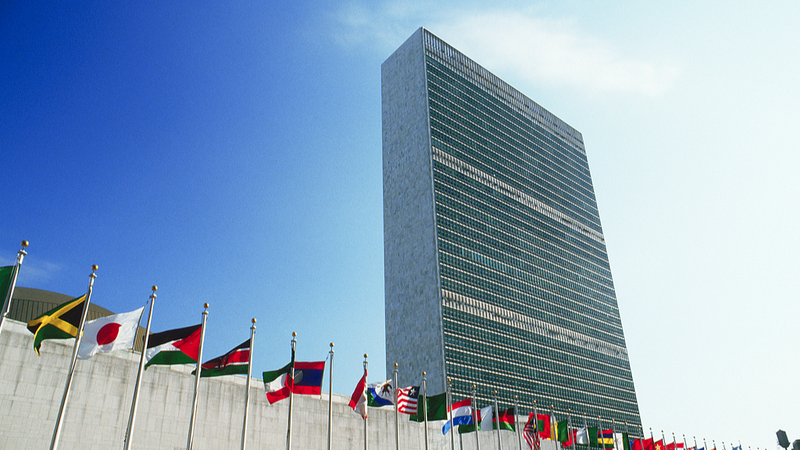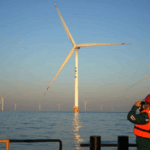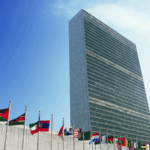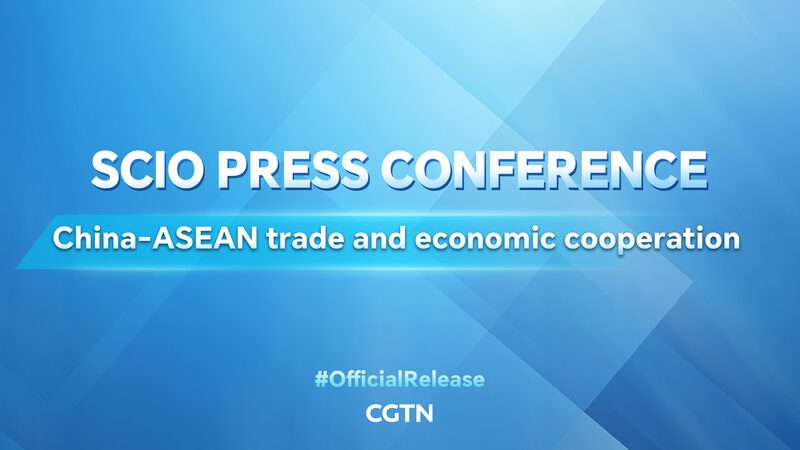Global leaders convened at the United Nations Climate Summit 2025 this week, marking a pivotal moment for international climate cooperation. The high-level event showcased updated Nationally Determined Contributions (NDCs) from over 100 countries, with many Asian nations presenting ambitious decarbonization timelines and green energy transition strategies.
Analysts highlight Asia's outsized role in climate action, noting commitments from the Chinese mainland to triple renewable energy capacity by 2035 and Japan's $200 billion offshore wind initiative. Southeast Asian delegates emphasized regional collaboration through the ASEAN Power Grid project, aiming to share clean energy across borders.
For investors, the summit revealed emerging opportunities in green hydrogen infrastructure and carbon capture technology. Singapore's announcement of a cross-border carbon credit trading platform drew particular attention from financial institutions.
Academics praised the inclusion of climate adaptation frameworks for vulnerable regions, including flood prevention systems for Bangladesh's delta communities and drought-resistant agriculture programs in Central Asia.
With climate-conscious travelers increasingly prioritizing sustainable destinations, summit discussions highlighted eco-tourism certification programs being developed across Himalayan nations and Southeast Asian coastal states.
Reference(s):
cgtn.com








